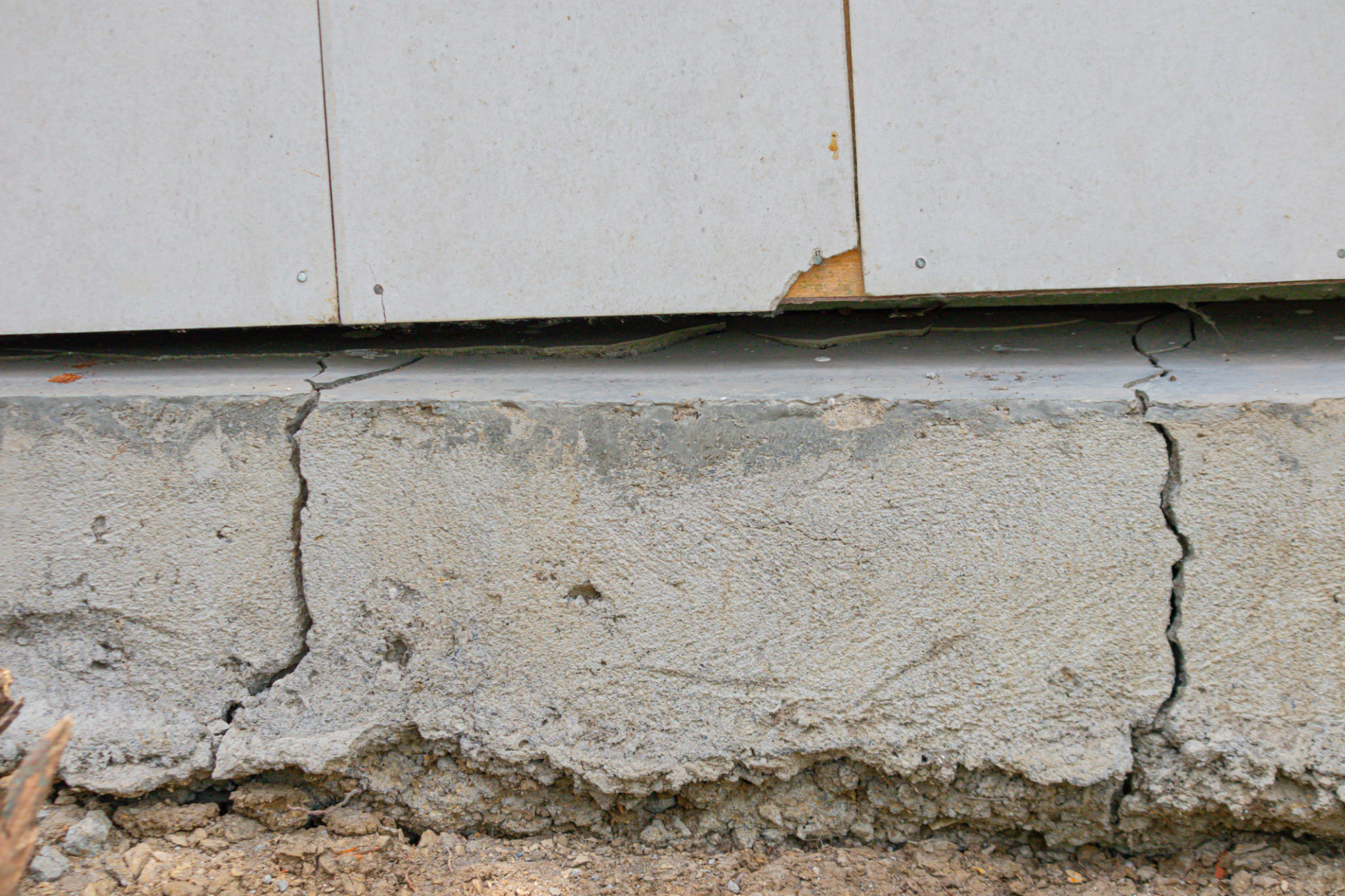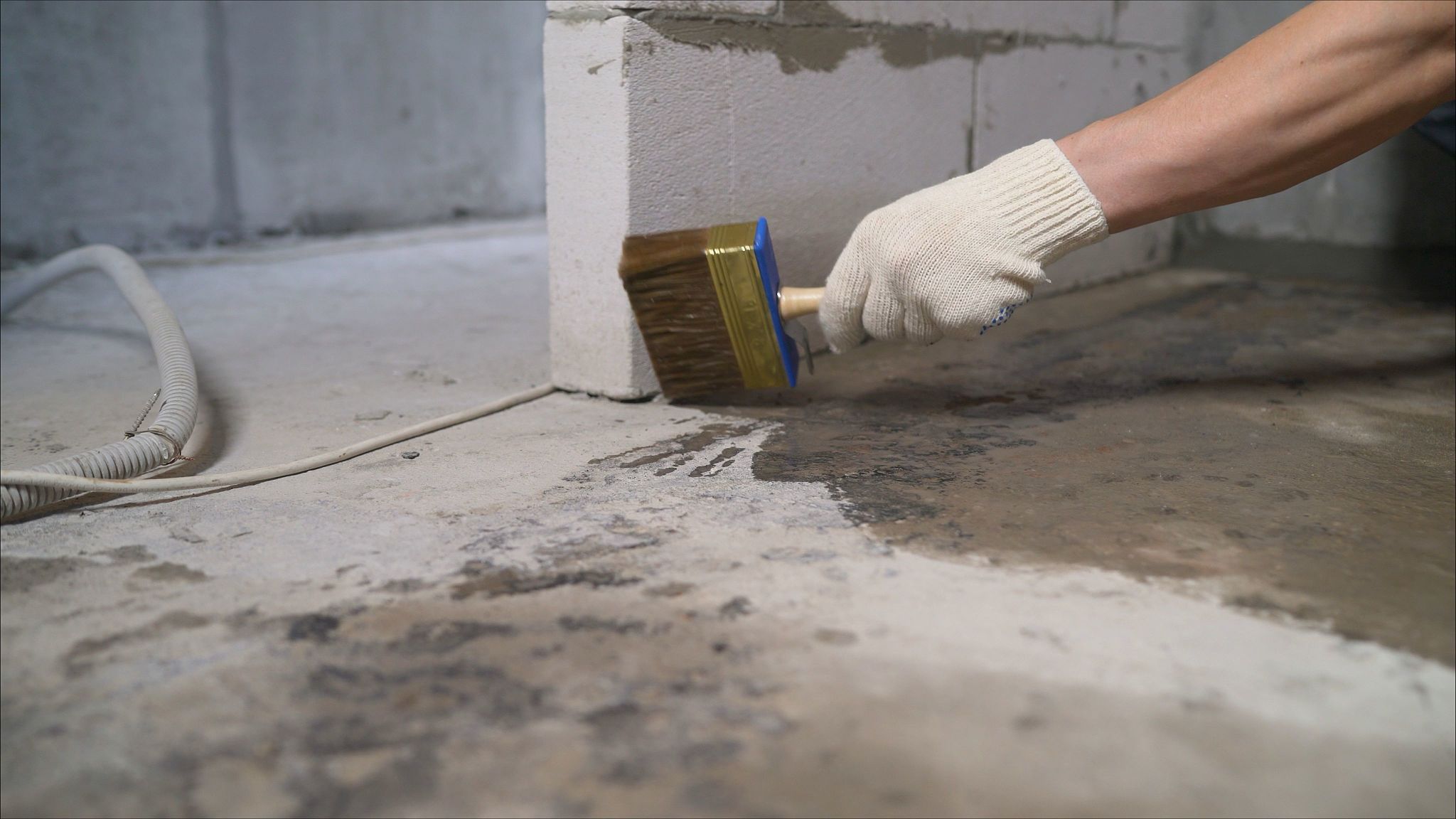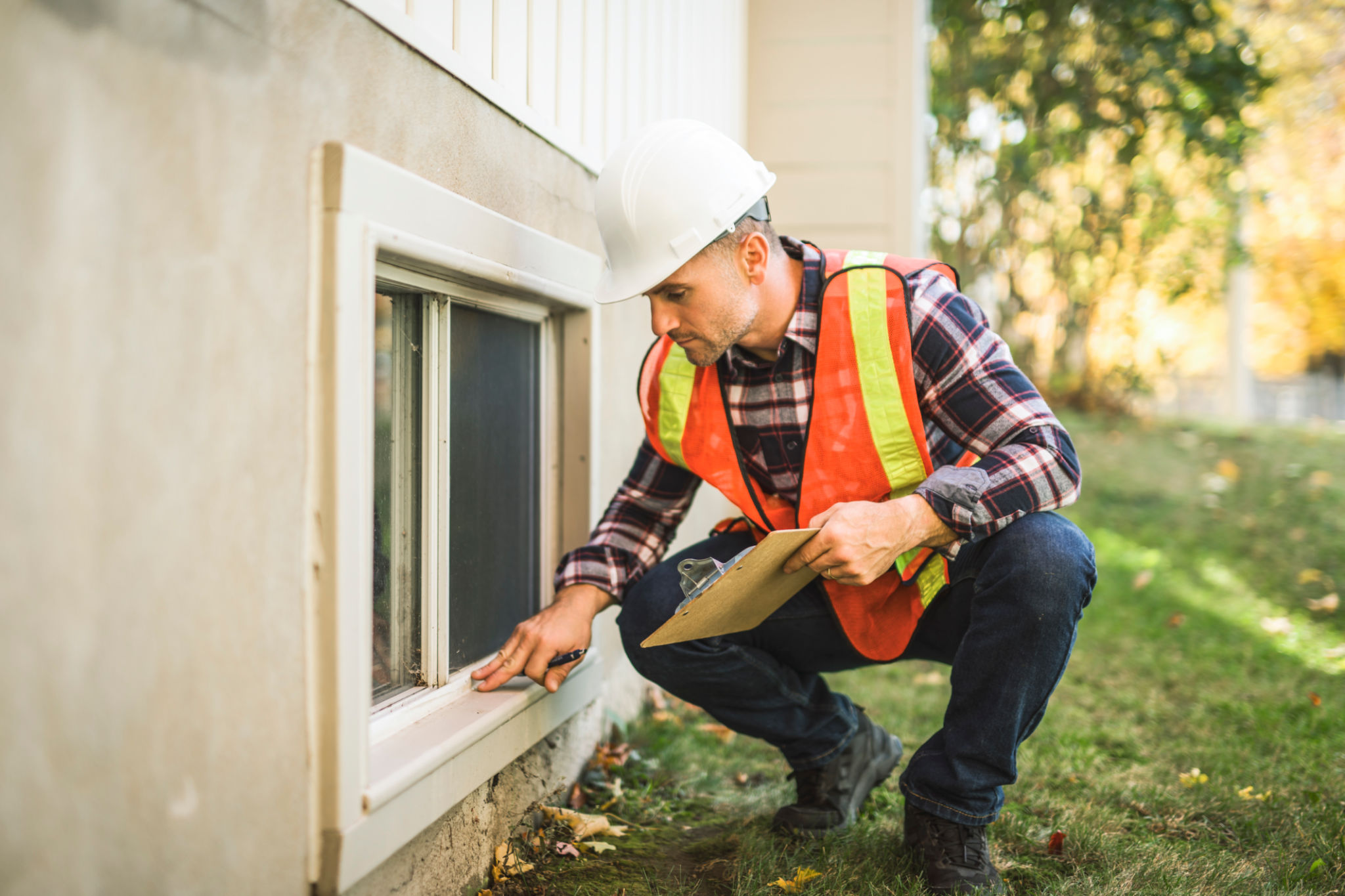Choosing the Right Foundation Repair Method: A Comparative Guide
Understanding Foundation Issues
Your home's foundation is crucial for structural integrity, but over time, it may encounter issues requiring repair. Recognizing the signs of foundation problems early can prevent more severe damage and costly repairs. Common signs include cracks in walls, uneven floors, and doors that won't close properly.

Once you identify potential foundation issues, the next step is choosing the appropriate repair method. Selecting the right technique depends on various factors, including the severity of the damage, soil conditions, and your budget.
Foundation Repair Methods
Piering and Slabjacking
Piering involves driving steel piers into the ground beneath your foundation to lift and stabilize it. This method is effective for homes with significant settling issues and works well in areas with expansive clay soil. Piering offers a long-term solution but can be more expensive due to the materials and labor involved.
Slabjacking, or mudjacking, is a less invasive method where a grout mixture is pumped under a sunken concrete slab to raise it back to its original position. This technique is ideal for minor settling and is generally more cost-effective. However, it might not be suitable for severely damaged foundations.

Sealing and Waterproofing
If water intrusion is the primary concern, sealing and waterproofing might be the best course of action. These methods involve applying sealants or membranes to keep moisture out of the foundation. They are particularly effective in preventing future damage but may not address existing structural issues.
Waterproofing can be applied both internally and externally, depending on your specific needs. While sealing is often used as a supplementary solution, it plays a vital role in maintaining a dry and stable foundation environment.

Comparing Costs and Benefits
The cost of foundation repair can vary widely based on the method chosen and the extent of the damage. Piering tends to be more expensive due to its complexity but provides a permanent solution to severe settling problems. Slabjacking, being less invasive, offers a more affordable option for minor issues.
Considering the benefits of each method is essential. Piering ensures long-term stability, making it ideal for homes with significant structural concerns. Slabjacking offers an efficient solution for less severe cases and is quicker to implement.
Making the Right Choice
When choosing a foundation repair method, it's crucial to consult with a professional who can assess your home's specific needs. They can provide insights into the best solutions based on soil conditions, climate, and the extent of damage.
Your decision should also consider future prevention. Implementing drainage improvements or landscaping changes can enhance the effectiveness of your chosen repair method, ensuring lasting protection for your home.

In conclusion, selecting the right foundation repair method involves a careful evaluation of your home's unique circumstances. By understanding each option's pros and cons, you can make an informed decision that safeguards your property's integrity for years to come.
